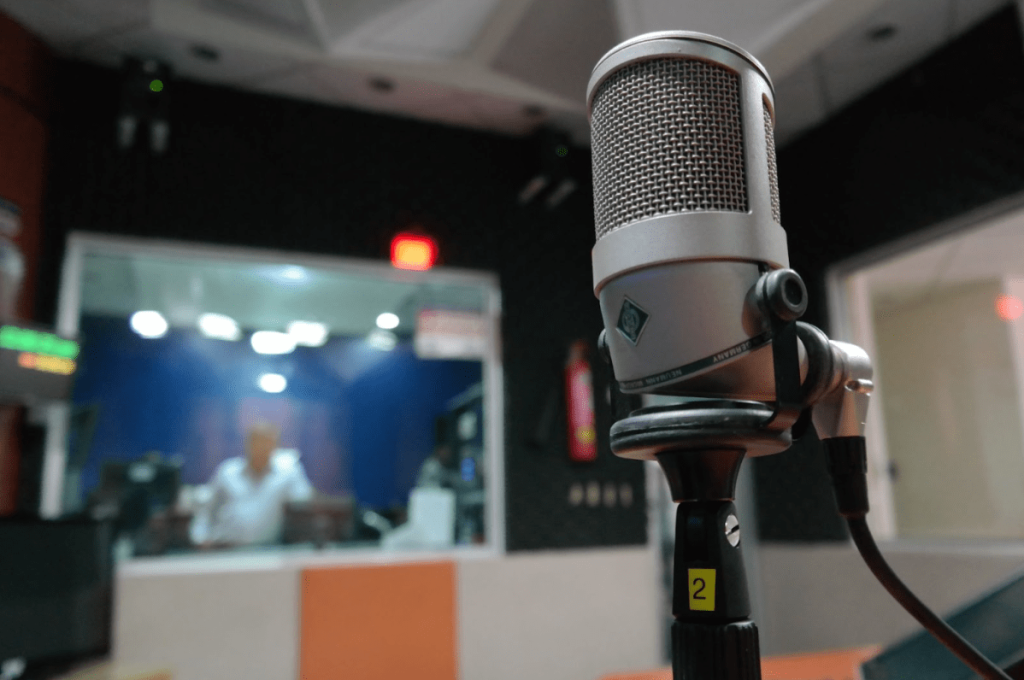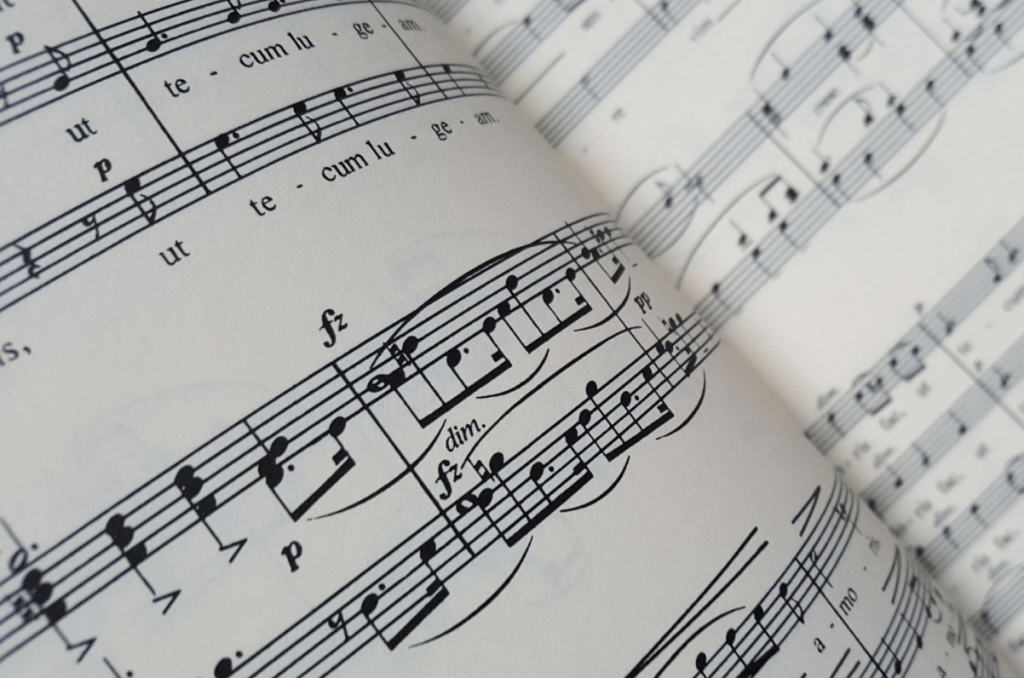Learning the ins and outs of music royalties can feel like learning another language—especially for artists just starting out. But it’s something you just have to understand if you hope to make a living from music.
Because here’s the thing: music royalties are more than a source of income; they’re a recognition of your creativity and hard work.
Independent artists producing music in home studios? They can make royalties. Musicians signed with a label? They make royalties, too. Getting a grip on how music royalties work is vital to your success and sustainability in the music industry.
In this guide, we’ll break down the different types of music royalties and offer insights into how you can collect and maximize these royalties. Here’s how to make sure every note you hit pays off (literally!)
What Are Music Royalties?
Music royalties are payments that artists receive for the use of their music. They ensure creators get compensated whenever their work is played, performed, or used in any other way.
Understanding how music royalties work is your roadmap to a career as a musician. It’s not just about the money; it’s about appreciating the value of your intellectual property and ensuring that you’re rewarded for your creativity and hard work.
Whether your music is streamed online, played on terrestrial radio, used in a TV show, or covered by another artist, you are entitled to royalties.
When Did Music Royalties Start?
Music royalties have been around for centuries—long before the concept of sound recording even existed. The earliest form of music royalties can be traced back to the sale of sheet music, similar to book publishing.
The first commercial music printing dates to the mid-15th century, with the printing of chants in an early form of European music notation. This allowed songs to gain popularity beyond their place of origin.
With the advent of sound recording, music publishing entered a new era. Radio and TV opened new channels for music and, with them, new royalty streams.
Then came the digital revolution. The internet, followed by streaming services, completely overhauled how music is consumed and monetized.
Types of Copyrights In Modern Music
Fast forward to 2024, and new platforms and technologies are constantly emerging, changing the game—especially for independent musicians. Understanding modern copyright law is a must for musicians looking to make a living from their art.
Copyrights are the foundation of your rights and income as a musician. Knowing the ins and outs of these copyrights puts you in the driver’s seat of your musical journey.
Here are two of the most common:
Sound Recording Copyright
When you hit the studio and lay down a track, you’re creating a sound recording. The copyright for this recording—often called the ‘master’—belongs to whoever owns that recording.
This could be you, an indie artist, or if you’re signed, your record label, or, depending on your contract, both of you. Owning the master use license means you control the use of this specific recording.
It’s a big deal because every stream, every radio play, and every use in a movie or ad is a potential music royalty payment going into your pocket.
Songwriting Copyright
Songwriting copyright is all about the soul of your music: the composition. This includes your melodies, chords, and lyrics—the stuff you jot down in your notebook or strum out on your guitar in a moment of inspiration.
The songwriting copyright is all about protecting these elements. Even if someone else records a cover of your song, they need your permission to use your composition copyright.
And yes—that means more royalties.
Remember the Queen and David Bowie musical gem “Under Pressure?” This track was released in 1981 and featured a catchy and distinctive bassline.
Fast forward to 1990, and along comes Vanilla Ice with his mega-hit “Ice Ice Baby.” But wait, what’s that sound? It was, undeniably, the “Under Pressure” bassline. Vanilla Ice claimed he tweaked the bassline with an extra note–a musical “ding” instead of a “dong,” if you will.
Eventually, Vanilla Ice settled the case outside of course, paying $4 million in royalties.
Rights & Ownership: Who Is The Music Copyright Owner?
When you write and record your songs without the help of a label, you are typically the copyright holder.
You have complete control over how your music is used and distributed—you’re the one calling the shots on licensing deals, streaming platforms, and album sales.
When you sign with a record label, you might exchange some of those music rights for the label’s resources and support. This often includes the publishing rights to your sound recordings (the masters).
The label might own these masters, which means they control how these recordings are used and distributed. The bonus of a label? They’ll go through the trouble of negotiating deals for you. Record labels put your music out there so that the royalty deals flow in.
Songwriters and Publishing Deals: The Impact on Royalty Ownership
Music publishers can affect your songwriting copyrights. These deals often involve giving a publishing company rights to your compositions in exchange for their expertise in licensing and distributing your work.
While this can lead to broader exposure and potentially higher earnings, it also means sharing a portion of your publishing royalties. It’s a trade-off that requires careful consideration, balancing the benefits of professional support with the value of your creative control.
4 Types of Royalties In Music
A deep understanding of the different royalty types is essential for any recording artist looking to navigate this complex terrain successfully.
Mechanical Royalties
Mechanical royalties are generated when a musical composition is reproduced in physical or digital form. This includes CDs, vinyl records, digital downloads, and streaming services (streaming royalties are enormous these days!) The rate for mechanical royalties is set by law and varies by country.
These royalties are typically collected by mechanical rights organizations. In the United States, the Harry Fox Agency is the primary entity for managing these exclusive rights, issuing mechanical licenses, and collecting and distributing the corresponding royalties.
Performance Royalties & Performance Rights Organizations
Performance royalties (or public performance royalties) are earned whenever your music is played during public performances.
This includes play on terrestrial and satellite radio, TV broadcasts, restaurants and bars, concert venues, and streaming services like Spotify and Apple Music.
These royalties are collected by Performance Rights Organizations (PROs) such as ASCAP (American Society of Composers, Authors, and Publishers) or BMI (Broadcast Music, Inc.).
These organizations monitor music usage across various platforms, collect royalties, and distribute them to the rights holders. The amount of royalties paid depends on factors like the venue size, the length of the song, and the frequency of its use.
Synchronization (Sync) Royalties
Synchronization royalties are generated when music is used in sync with other media. This includes movies, TV shows, advertisements, video games, and online videos. Sync royalties are negotiated on a case-by-case basis and are not subject to a standard rate.
The payment depends on various factors, including the prominence of the music in the project, the project’s budget, and the distribution scope.
Artists or their representatives often negotiate these royalties directly with the entity seeking to use the music or through music licensing companies that specialize in securing such deals.
Print Music Royalties
Print music royalties come from the sale of written music, such as sheet music and songbooks. While these royalties have become less common in the digital age, they are still relevant, particularly in educational contexts and specific music genres like classical and jazz.
Composers and songwriters earn royalties from the sale of these printed materials. The rate for print music royalties is typically a percentage of the retail price and is negotiated between the publisher and the distributor or retailer.
Want To Collect Royalties? Take Your Music To The Next Level
Knowledge alone isn’t enough; you need a platform to amplify your voice and bring your music to the masses—that’s where Hardstop Records comes in.
As a label committed to discovering and nurturing talent, we’re always looking for fresh, unique sounds to add to our diverse roster. If you believe your music has what it takes to stand out, we invite you to submit your tracks to Hardstop Records.




